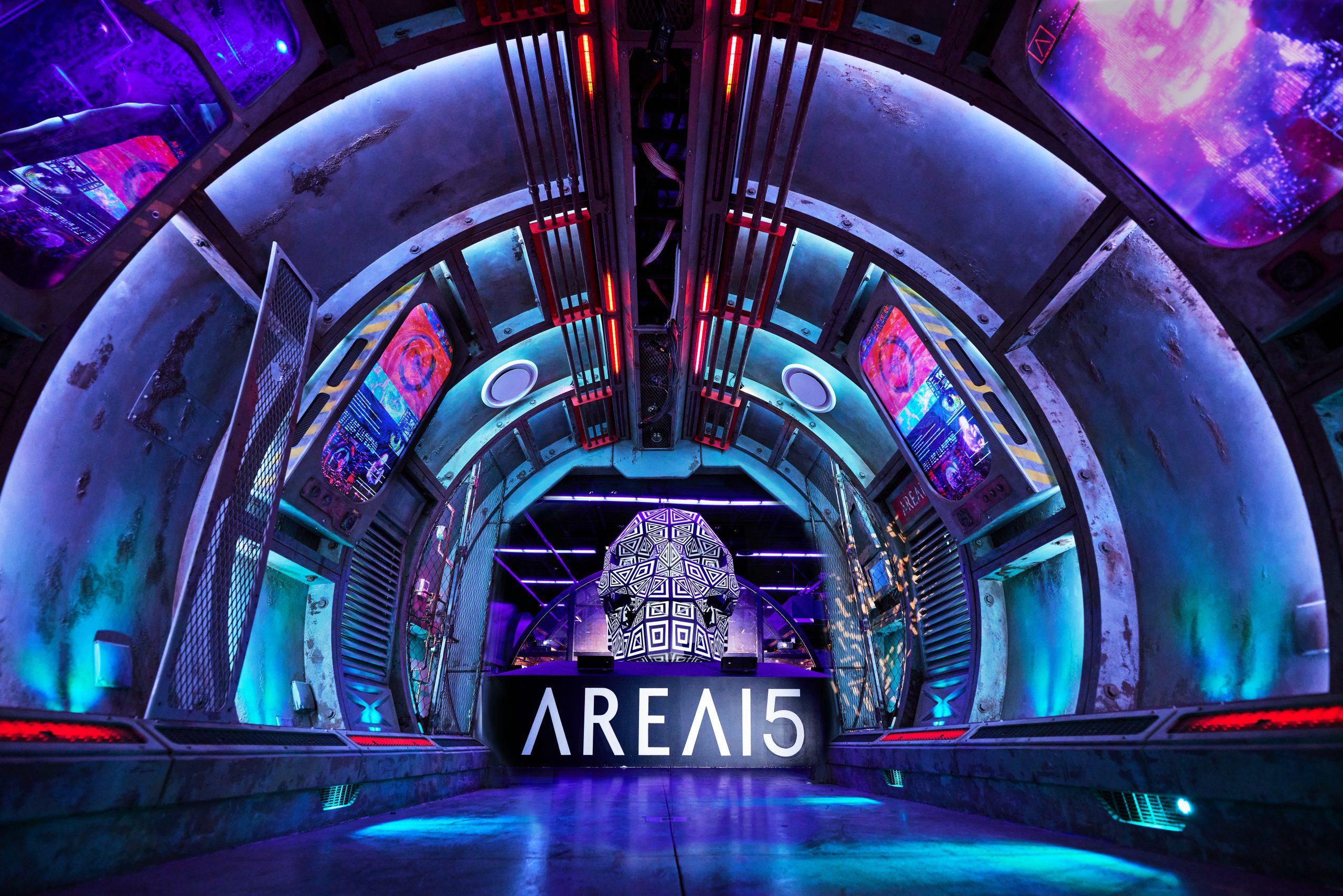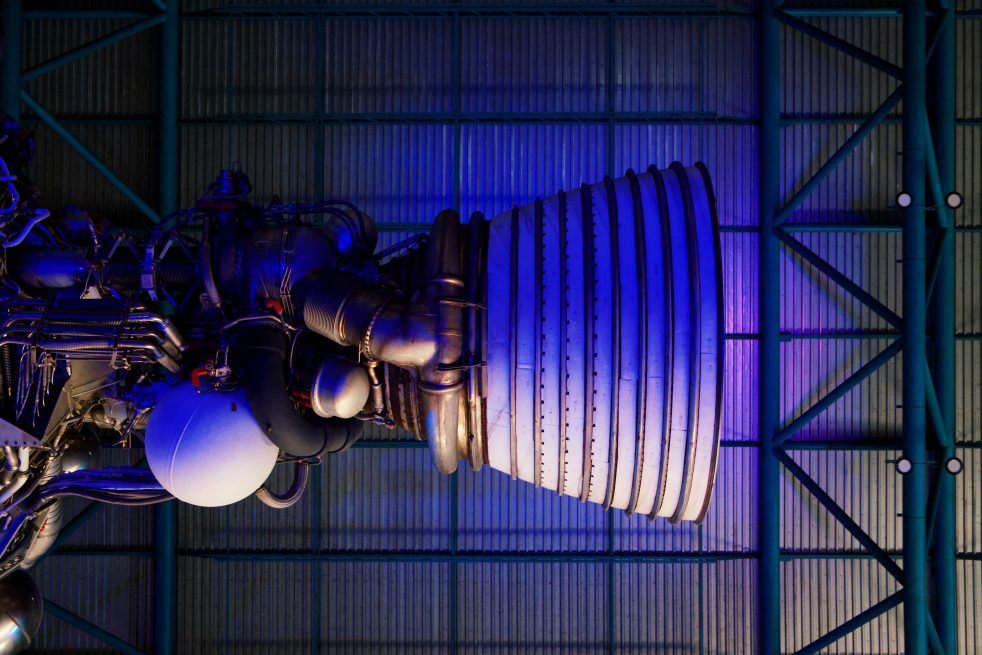Innovation Heroes: The chip shortage’s lessons for sustainable IT

The global semiconductor shortage is a terrible, hard-hitting, once-in-a-lifetime issue, straining businesses and everyday people across the world. But to consider it a Black Swan event – something that is both unpredictable and unavoidable – misses an important lesson for IT leaders.
At least, that’s the point that our guests make on the latest episode of Innovation Heroes, where we are joined by Sumit Puri, CEO and Co-Founder at Liqid, and Camberley Bates, Managing Director at The Evaluator Group. To them, the supply chain crisis is just more proof of the urgent need for more sustainable, intelligent supply chains and operations.
This is a message that couldn’t be more urgent for IT leaders, as we enter a new year of uncertainty and ongoing disruptions.
“We can’t afford to sit around and say, ‘Hey that widget is not going to show up for 30 weeks, and wait 30 weeks to do business,’” says Puri, who is the CEO and Co-Founder of Liqid. “We have to navigate around this.”
Puri says the crisis has pushed his clients to evolve their approach to IT asset management and operations. The solution: leverage intelligence and new technologies to take existing investments further, increasing utilization without needing to shell out for new hardware.
It’s an approach that Bates says will require a mind shift from the world’s leaders – who are often more enthusiastic about new, disruptive projects than they are about maintaining legacy investments.
“We will fund a new overpass before we will fund repairing the bridges. We will fund extending a light rail before we fund managing the current system that is failing us,” she says. “From an IT standpoint, sometimes we need innovation to get better utilization of our systems. We need to look at what we have today and ask, ‘How do we make that better?”
With host Ed McNamara, they discuss the impact that legacy approaches to IT are having on the environment, and offer a detailed set of best practices and resources to help organizations shift to a new, more sustainable mode of operation.
The supply chain crisis won’t last forever. But the need to do more, with less, and with more intelligence, is a mandate we are all going to have to get used to, for good.
Listen to the full episode now!




